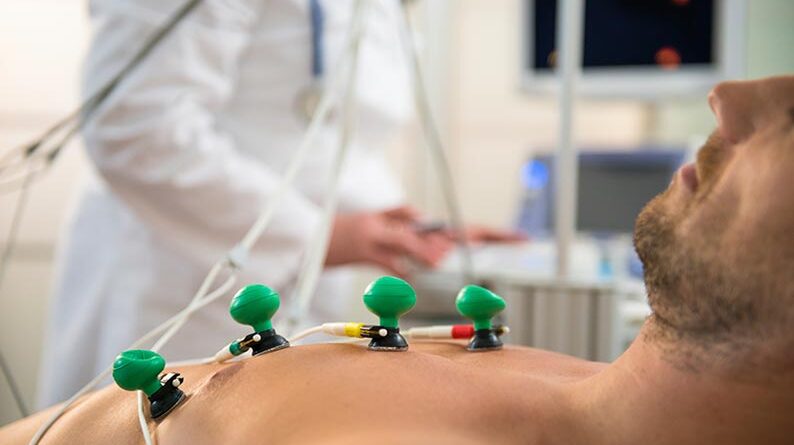It has been known for several years now, that erectile dysfunction (ED) is often a harbinger of serious medical issues for men. But in an August 2012 Mayo Clinic Study it was found that men with ED, aged 40-49, were fifty times more likely to have a heart attack than their peers who had no ED. FIFTY times! That’s incredible! This means that having ED figures more into the risk of heart failure than obesity, smoking, cholesterol and family history! In other words, the younger you are, if you have ED, the greater the need for you to go to your doctor.
Continue Reading




